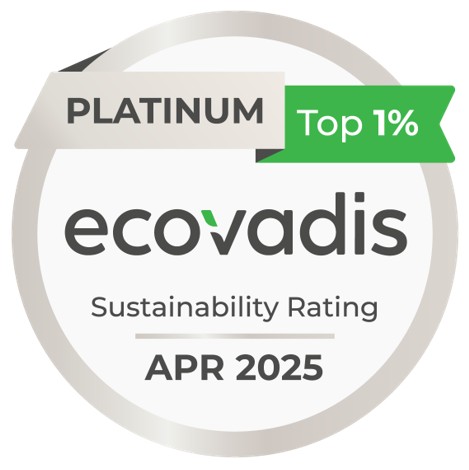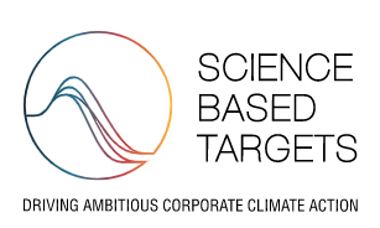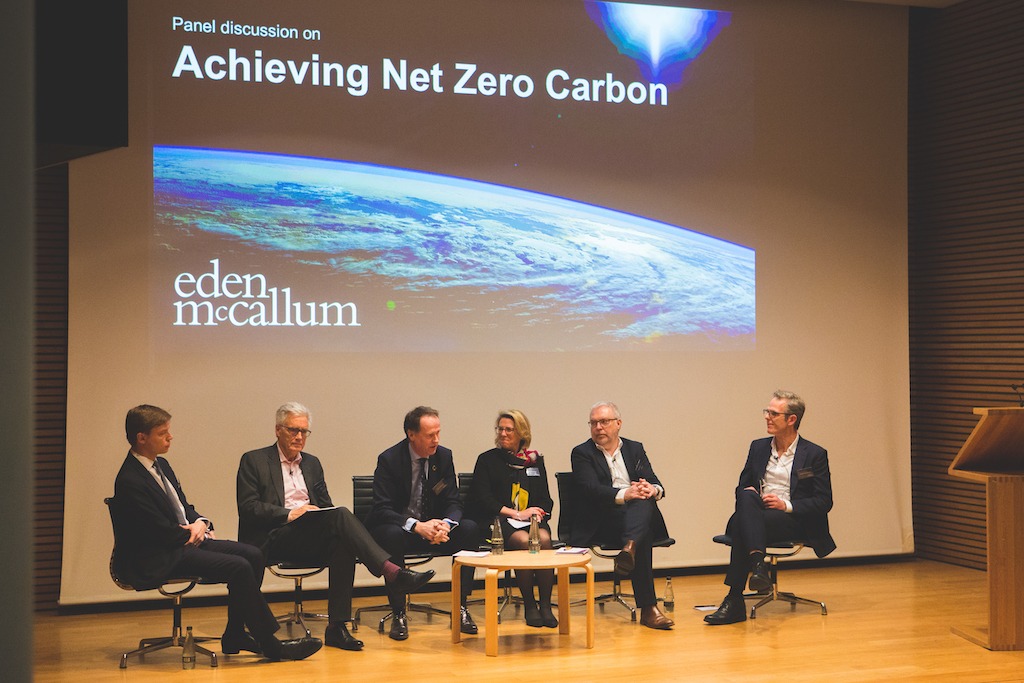Reducing our carbon footprint
We have a well-established 5-step approach to reducing the environmental impact of our firm and work with leading organisations to support our transition to net zero. We monitor our Scope 1-3 emissions through a proprietary carbon dashboard, and pay particular attention to business travel, which accounts for over 90% of our total footprint.
Our 2023/24 Scope 1 and 2 GHG emissions were 98% lower than our baseline year (2019/20), meaning we are already well ahead of our SBTi approved target. Given that our 2023/24 total Scope 1-3 GHG emissions were 78% lower than our baseline year, we are also well ahead of our much more ambitious voluntary target of reducing our total Scope 1-3 GHG emissions by 50% by 2024/25.
We remove or ‘compensate for’ 100% of our remaining Scope 1-3 emissions by investing in high quality, accredited nature-based carbon removal schemes, following the Oxford Principles for Net Zero Aligned Carbon Offsetting.
Our carbon reduction plans are accredited by the Science Based Targets initiative.





